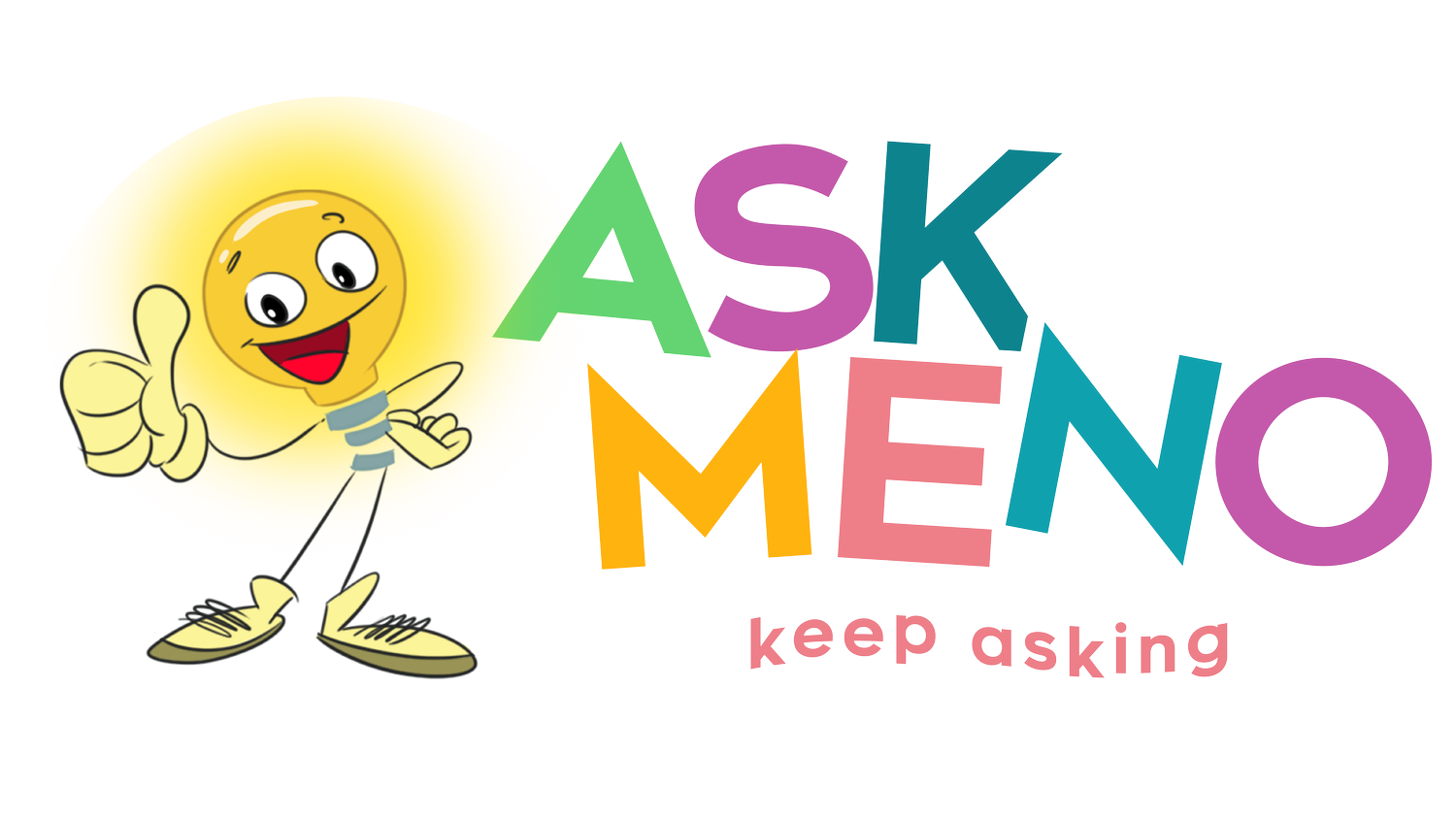16 Early Learning Evidence-based Verbal Conversation Scaffolds
A 2022 study analyzing read-aloud, multi-turn conversations in 93 Pre-K & Kindergarten classrooms found something the authors deemed “concerning”¹: Specific types of verbal scaffolding strategies beyond the common 3-turn conversation occurred in concerningly low numbers.
Because oral language is a key component in Science of Reading models and because verbally scaffolded conversations are the way oral language is most effectively developed, addressing these pedagogical gaps is paramount.
The authors of the study found two verbal scaffolding categories with a total of 16 types of scaffolds that were critically underused:
☝️Upward Verbal Scaffolding:
These are responses to learners who have answered the teacher's initial question accurately where the teacher’s next conversational turn involves a more challenging response.
Underutilized scaffolds:
– Causal effect questions
– Prediction questions
– Desire-based questions
👇Downward Verbal Scaffolding:
These are responses to learners who have answered the teacher's initial question inaccurately where the teacher’s next conversational turn involves a more simplified response.
Underutilized scaffolds:
– Eliciting/modeling
– Co-participating
– Downward factual questions
– Recasts
See the images for the 16 types and their definitions if you’re interested in learning more. Although this study only involves 93 classrooms, it represents a wider need that exists.
A study by Weadman et al. sums it up best, noting that early childhood teachers' “strong willingness to support preschool children's oral language and emergent literacy skills may be hindered by gaps in their knowledge; these may contribute to important and missed opportunities for identifying and supporting preschoolers’ oral language and emergent literacy growth.”²




About AskMeno
AskMeno is dedicated to helping early-childhood leaders build the foundational oral language and social skills necessary for their young scholars’ reading comprehension and emotional wellbeing. AskMeno provides a play-based, teacher-facilitated supplemental curriculum that systematically and explicitly develops oral language and social skills through scaffolded, fun, and engaging learning activities.





